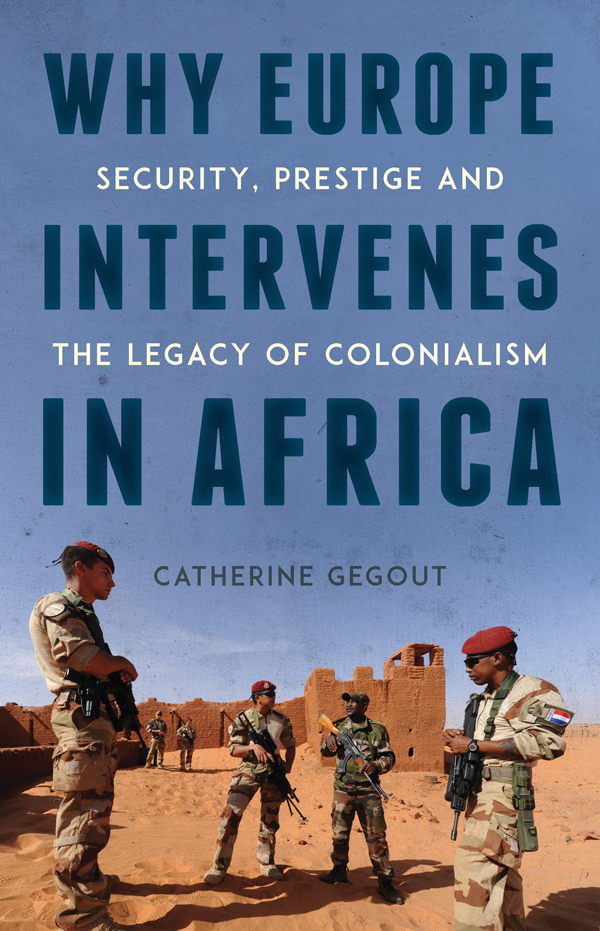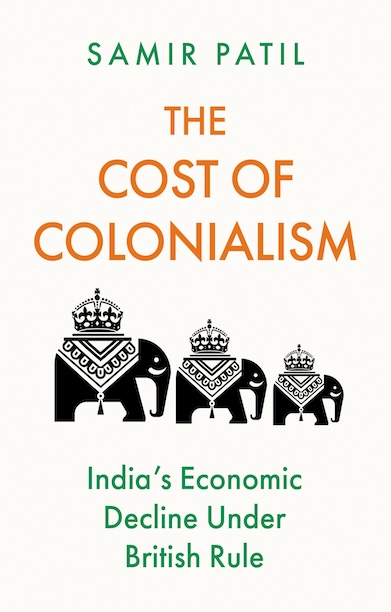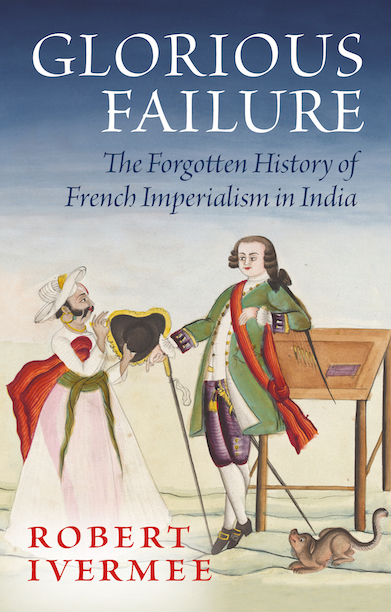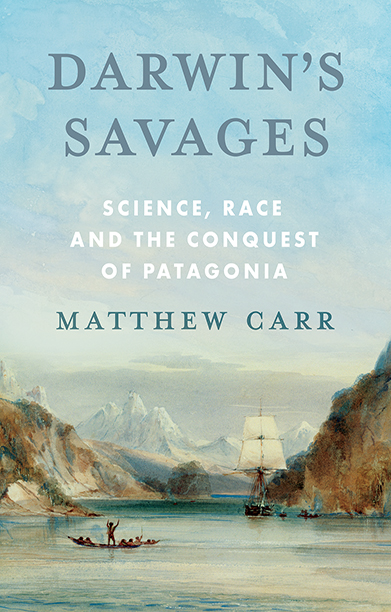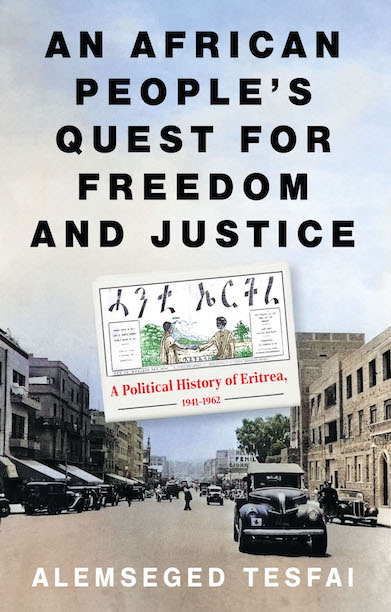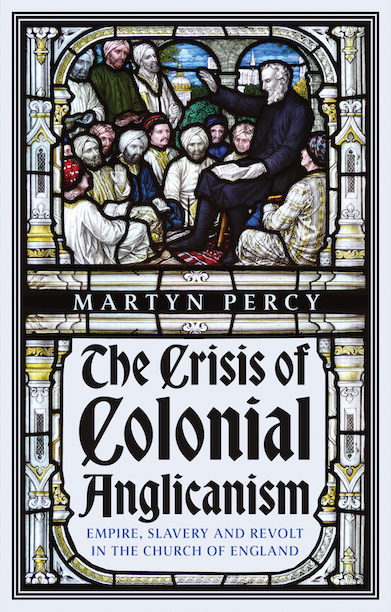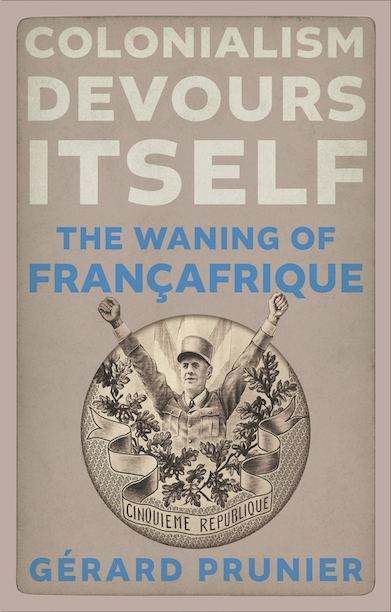Why Europe Intervenes in Africa
Security, Prestige and the Legacy of Colonialism
New in paperback
Gegout’s book offers a sharp rebuke to those who believe that altruism is the guiding principle of Western intervention in Africa.
Description
Why Europe Intervenes in Africa analyses the underlying causes of all European decisions for and against military interventions in conflicts in African states since the late 1980s. It focuses on the main European actors who have deployed troops in Africa: France, the United Kingdom and the European Union.
When conflict occurs in Africa, the response of European actors is generally inaction. This can be explained in several ways: the absence of strategic and economic interests, the unwillingness of European leaders to become involved in conflicts in former colonies, and sometimes the Euro-centric assumption that conflict in Africa is a normal event which does not require intervention. When European actors do decide to intervene, it is primarily for motives of security and prestige, rather than for economic or humanitarian reasons. The weight of past relations with Africa can also be a driver for European military intervention, but the impact of that past is changing.
This book offers a theory of European intervention based mainly on realist and post-colonial approaches. It refutes the assumptions of liberals and constructivists who posit that states and organisations intervene primarily in order to respect the principle of the ‘responsibility to protect’.
Reviews
‘An amazingly comprehensive study . . . fascinating.’ — Chartist
‘Gegout’s book constitutes a solid and extremely comprehensive overview of interventionism in Africa . . . a welcome contribution.’ — European Review of International Studies
‘[An] ambitious and prodigiously researched book . . . Gegout’s work is compelling and should be of significant interest to scholars and practitioners.’ — South African Journal of International Affairs
‘A great contribution to the conceptualization of security, prestige, intervention, humanitarianism, conflict, and economic motivation . . . a provocative, critical and insightful reading about the real motives of interventions and their long-lasting impacts.’ — Africa at LSE Blog
‘Catherine Gegout has provided us with a deeply researched and incisive treatment of Europe’s post-colonial military interventions in Africa — a subject which too often flies beneath the radar. In so doing she establishes herself as the most authoritative voice in the field. Her book is essential reading for Africanists and Europeanists alike.’ — Christopher Hill, Wilson E.Schmidt Distinguished Professor of International Relations, SAIS Europe, Johns Hopkins University
‘Anyone who wishes to know more about why European states and the European Union intervene in Africa should start with this book. Gegout provides a masterfully comprehensive account of European interventions in Africa in the post-Cold War era, and constructs an innovative theoretical framework to explain both interventions and non-interventions. Economic and security interests predominate but humanitarianism does not, while concerns about prestige are perhaps surprisingly relevant in numerous cases. Highly recommended reading.’ — Karen E. Smith, Professor International Relations, London School of Economics and Political Science
‘This volume fills a significant gap in the literature on the foreign and security policies of the EU and its member states by providing an understanding of military interventions in Africa. In its combination of new conceptualisation and extended empirical work Why Europe Intervenes in Africa provides stimulating analysis alongside food for thought on the future basis for interventions.’ — Richard G. Whitman, Professor of Politics and International Relations, University of Kent
Author(s)
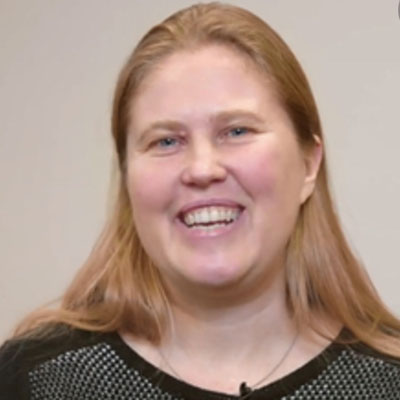
Catherine Gegout is Associate Professor in International Relations at the University of Nottingham. The author of European Foreign and Security Policy, she has previously been a Jean Monnet fellow at the European University Institute; Pierre Keller Visiting Professor at the Harvard Kennedy School; and a Leverhulme fellow.
